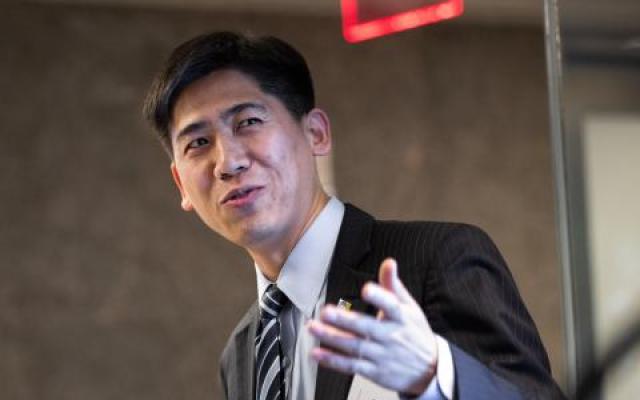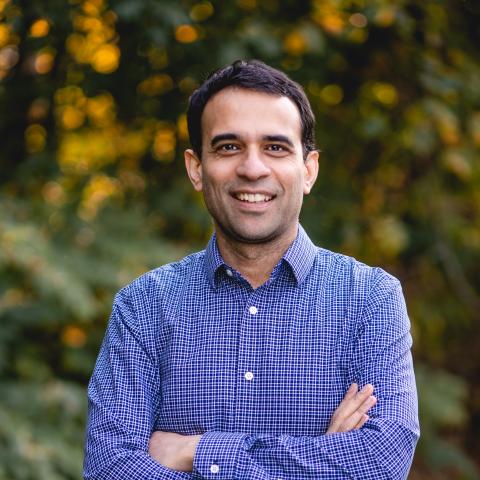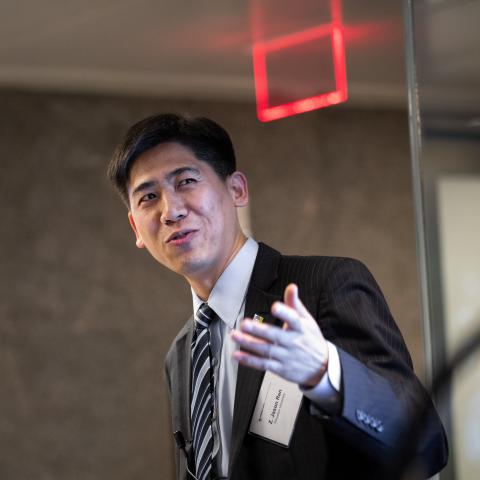
Translating Princeton research from the lab into real-world applications is no small feat, but it’s a vital part of the University’s mission to serve humanity. To support this critical journey, Princeton offers a range of programs and resources. One such initiative is Keller’s Design for Impact (DFI), a program that empowers researchers to design thoughtful, responsible, and purpose-driven innovations with the potential to transform lives.
One compelling example of how DFI supports this transformation is the work of Z. Jason Ren, professor of civil and environmental engineering and the Andlinger Center for Energy and the Environment whose experience in the program—highlighted in a recent article currently featured on the Princeton University homepage, illustrates how research can evolve into impactful, real-world innovation.
“What we’re able to do with researchers like Professor Ren and his team is to help redirect how they think about their ideas,” said Nena Golubovic, director of DFI’s program in sciences and engineering. “Our goal is to radically shift participants’ perspectives, so they leave our program with a completely different outlook than when they entered. We ask them complex questions that may fall outside a researcher’s traditional scope but are essential for translating academic innovations into successful outcomes.”
“Jason’s collaboration with DFI exemplifies what we call entrepreneurial critique at the Keller Center, a reflective process focused on inquiry and expansive thinking to address the fundamental question: how can we make the world better?” added Manish Bhardwaj, director of DFI’s program in humanities and social sciences.

